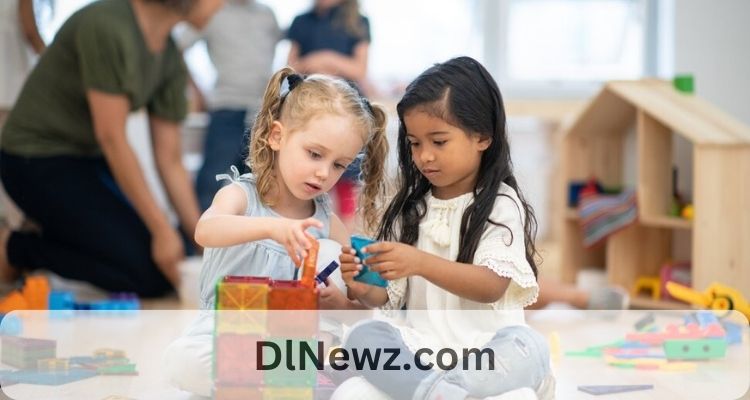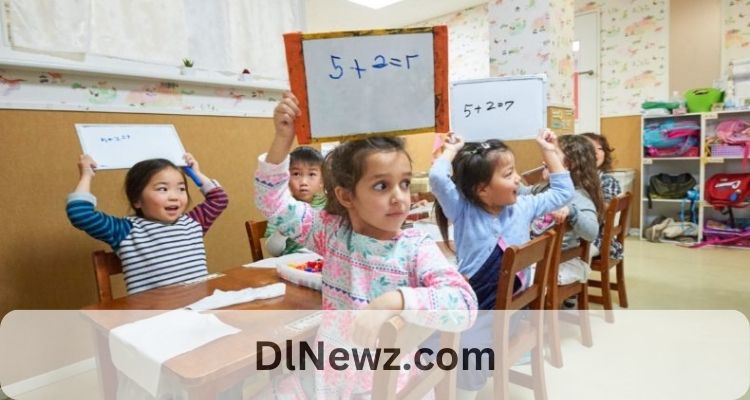Kindergarten in Singapore has changed a lot over the years. Montessori schools are rising in prominence for adopting a pioneering approach to early childhood education. Presentation skills are among the many that learners become good at in this environment, which is conducive to honing one’s intellect. This piece delves into the Montessori teaching method, which is meant to help kindergarteners develop presentation skills when studying in Singaporean schools.
Understanding Montessori Schools
Singapore also has Montessori schools, much like elsewhere. These schools incorporate the principles laid down by Dr. Maria Montessori. The environment in these schools encourages independence, self-learning, and all-around development in children aged three to six.
Encouraging Self-Expression
Individual expression is nurtured at very tender ages in Montessori classrooms. Sometimes, this is done through a show-and-tell process, and other times, it could be a group discussion. Yet children articulate their thoughts and ideas, becoming the base for developing presentation skills.
Hands-on Learning
Montessori education aims to give children experiences through manipulation. The children are engaged with materials and activities that set their senses and curiosity in motion, helping them better understand what they have learned and providing an avenue to share it with others, thus improving the presenter’s skills.
Building Confidence
Good presentation means that confidence is bound to be there. In a Montessori school, a child is put in a supportive environment where he can take risks, experiment, and even afford to make mistakes. The Montessori teachers’ continuous prompting and positive reinforcement give children the confidence to speak in front of their peer groups and teachers.
Practical Life Activities
Consequently, practical life activities become integral parts and parcels of the Montessori curriculum. In relation, the practical activities of pouring, spooning, and polishing develop children’s fine motor skills and help them understand life around them.
All these are activities that the children display to their classmates and give presentations, only informal kinds. It is these that make them at ease in public speaking.
Mixed-Age Classrooms
Children in Montessori classrooms normally belong to three different age groups. The younger ones benefit by sharing the learning facilities with their older counterparts. This opens an opportunity for the older child to mentor the young ones, helping them out with presentations. In doing so, peer interaction is guided into cooperation and communication skills, forming the basis for extraordinary presentations.
Freedom of Choice
Montessori values within the frame of freedom. Children choose activities by themselves and learn at their own pace. The freedom is also in presentations, where children have to pick something they are interested in, making their learning more exciting and meaningful.
Teacher Guidance
In Montessori education, the teacher guides the children through the learning process. They observe the children’s strengths and areas for improvement and give them individual support and guidelines so that they can improve their presentation skills. They give positive reinforcement and teach strategies for using communication, such as eye contact and body language, that will help the child become a strong presenter.
Conclusion
At Singaporean Montessori schools, presentation skills are developed through practical and peer-to-peer learning with proper guidance from teachers. Montessori education at Kindergarten in Singapore attaches paramount importance to providing an environment suitable for freedom of self-expression and confidence building, along with equipping children with presentation skills. These go a long way in shaping their personalities for the subsequent stages of life waiting ahead.


